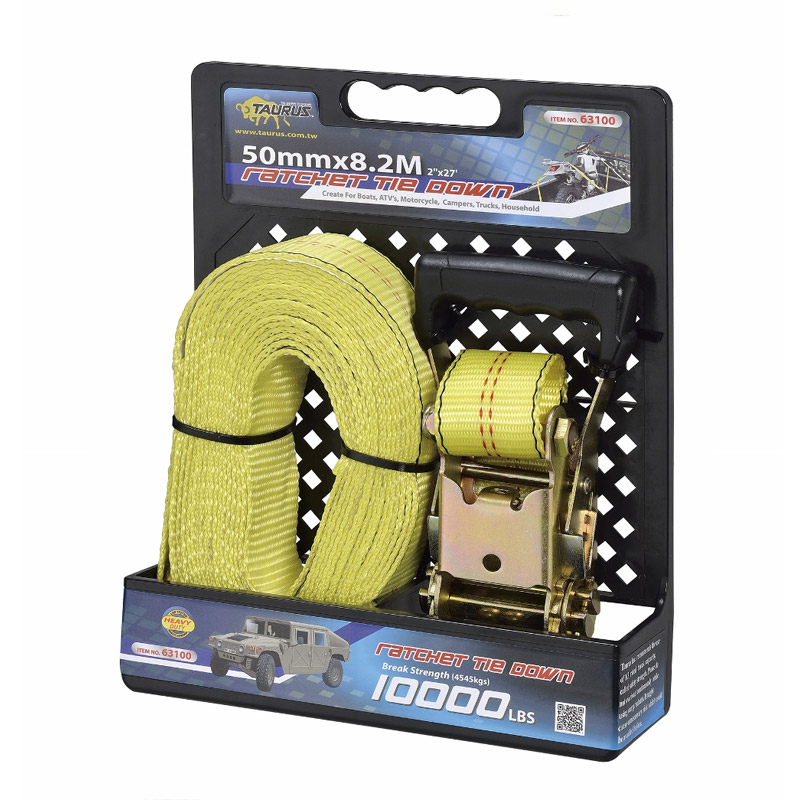Exploring the Benefits and Applications of Self Tapping Hex Screws in Modern Construction
Understanding Self-Tapping Hex Screws A Versatile Fastening Solution
In the world of construction, manufacturing, and DIY projects, the choice of fasteners plays a critical role in ensuring the integrity and durability of the final product. Among various fastening options, self-tapping hex screws stand out for their unique design and versatile applications. This article delves into the characteristics, advantages, and common uses of self-tapping hex screws, highlighting why they are a popular choice among professionals and hobbyists alike.
What Are Self-Tapping Hex Screws?
Self-tapping hex screws are specialized fasteners designed to create their own thread as they are driven into materials. The hex aspect refers to the hexagonal head of the screw, which can be easily tightened or loosened using a hex key or wrench. This design enables a firm grip and allows for high torque application, making them ideal for a variety of fastening tasks.
The self-tapping feature eliminates the need for pre-drilling holes, making installation faster and more efficient. This is particularly advantageous in settings where time is of the essence or where access to power tools may be limited.
Advantages of Self-Tapping Hex Screws
1. Ease of Use Self-tapping hex screws simplify the fastening process. Since they can create their own threads, users save time and effort that would otherwise be spent on drilling pilot holes. This feature makes them an attractive option for quick repairs and assembly work.
2. Strong Connection The hexagonal head allows for a secure grip, which is essential for applications requiring high levels of torque. This contributes to a strong joint, ensuring that the components remain firmly attached even under stress.
self tapping hex

3. Versatility These screws can be used across a range of materials, including metal, plastic, and wood. Their ability to create threads in various substrates makes them suitable for a myriad of applications, from automotive assembly to electronic device manufacturing.
4. Durability Made from high-quality materials such as stainless steel or carbon steel, self-tapping hex screws are designed to withstand environmental factors. Many are available with coatings that protect against corrosion, further enhancing their longevity.
5. Cost-Effective By combining the functions of drilling and fastening into one step, self-tapping hex screws can reduce labor costs and improve efficiency. This makes them a cost-effective choice for both small projects and large-scale industrial applications.
Common Applications
Self-tapping hex screws find extensive use in various fields. In construction, they are often used to fasten metal sheets, HVAC ducts, and roofing materials. In automotive manufacturing, they are utilized to assemble components like bumpers and fenders. They are also popularly employed in furniture assembly and electronic device housing, where a reliable fastening solution is crucial.
In the DIY arena, these screws have become a must-have item in toolkit essentials. Whether you are assembling a metal shelf, repairing machinery, or working on a home improvement project, self-tapping hex screws provide a reliable fastening option that helps ensure the success of your endeavor.
Conclusion
Self-tapping hex screws offer distinct benefits that cater to the needs of both professionals and DIY enthusiasts. Their ease of use, strong connections, versatility, durability, and cost-effectiveness make them an ideal choice for a wide range of applications. As industries continue to evolve, these screws stand as a testament to the innovation in fastening solutions, providing efficiency and reliability in an ever-demanding landscape. Whether you are a seasoned expert or a curious novice, considering self-tapping hex screws in your next project may just be the key to achieving a lasting and robust assembly.
-
Weatherproof Plastic Expansion Anchors for OutdoorNewsJun.06,2025
-
Sustainability in the Supply Chain: Eco-Friendly TEK Screws ProductionNewsJun.06,2025
-
Load-Bearing Capacity of External Insulation FixingsNewsJun.06,2025
-
Double Head Bolts: Enhancing Efficiency in Industrial MachineryNewsJun.06,2025
-
Corrosion Resistance in Chipboard Screws: Coatings for Wholesale DurabilityNewsJun.06,2025
-
Butterfly Toggle Bolts : Enhancing Structural ResilienceNewsJun.06,2025
